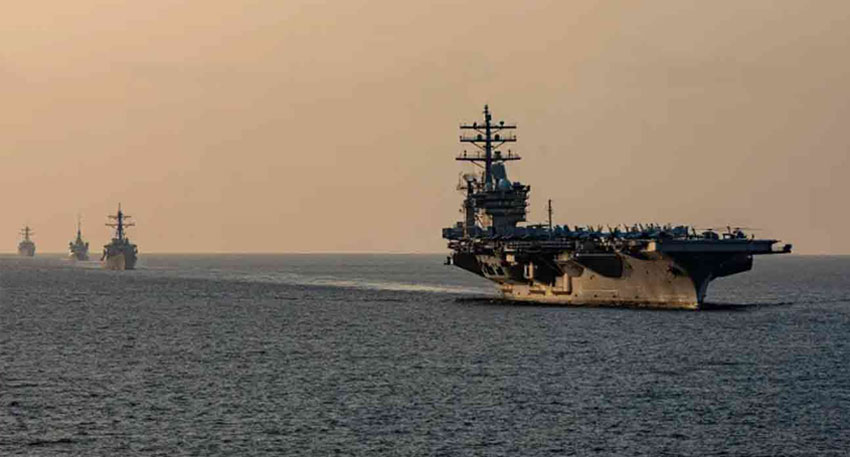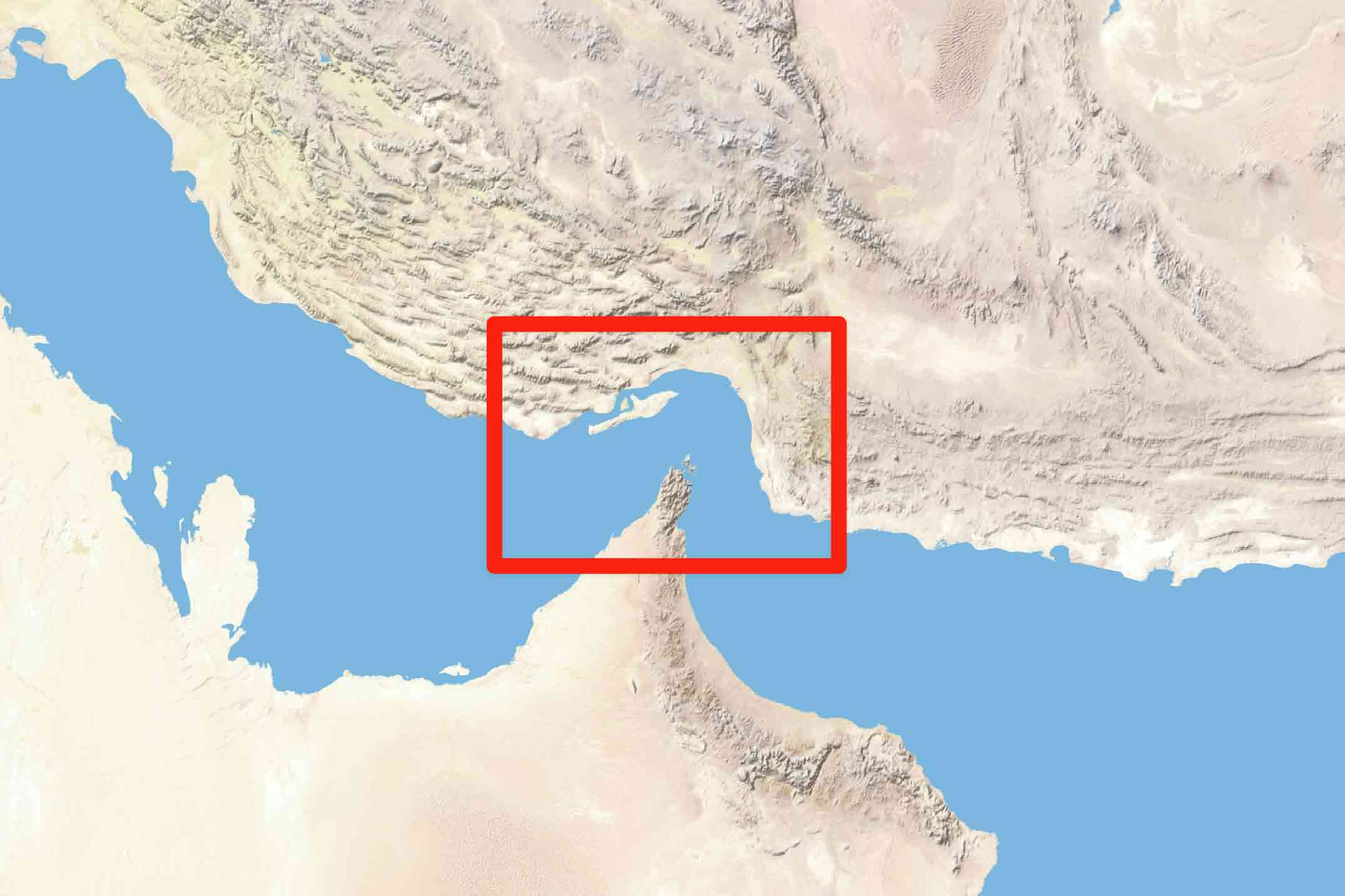
It is a vital sea route that is crucial for transporting fuel from oil-rich countries in the Middle East to the rest of the world, including Asia, Europe and North America, but it is also a location that has been the focus of local conflicts for decades.
Why is the Strait of Hormuz so important?
The Strait of Hormuz, located between the Persian Gulf and the Gulf of Oman, straddles the border between Iran and Oman, and is only 33 kilometers wide at one point. Its importance can be gauged from the fact that a fifth of the world s total oil supply passes through this route.
Oil is transported to other countries from countries like Saudi Arabia, the United Arab Emirates, Kuwait, and Iran. In addition, Qatar, the world s largest LNG exporter, also relies on this route for its exports.
During the Iran-Iraq War, which lasted from 1980 to 1988, the two countries tried to affect each other s oil supplies and exports, and this conflict is also known in history as the “Tanker War” for this reason, and for this reason, the US Navy fleet stationed in Bahrain was tasked with protecting commercial ships.
What will happen if the Strait of Hormuz is closed?
It is believed that if Iran were to close the Strait of Hormuz, 20% of global oil supplies would be affected. In June, JPMorgan warned that this could push oil prices to $120 to $130 per barrel.
Professor Dr. Art Langer says that "the possibility of the Strait of Hormuz being closed has already started to affect the price of oil.” He says that "the global trade market is already reacting to this threat and we can say that if it is closed, oil supply will be affected and the price will increase.”
However, Iran announced after the Israeli attack that its oil supplies were not affected. A statement issued by the Iranian Oil Ministry said that the Israeli attacks did not target oil storage facilities or refineries. However, this is possible in subsequent attacks.
Iran and the United States have had a dispute in the Strait of Hormuz in the past. In 1988, a US warship shot down an Iranian passenger plane, killing 290 people.
The US said at the time that its fleet had "mistakenly targeted a passenger plane, mistaking it for a fighter jet", but Iran said it was a "premeditated attack". The US also claims that its warships are in the region to protect commercial shipping, which could potentially be targeted by the Iranian navy.
In 2008, the United States claimed that Iranian boats had tried to approach three American warships. In response, the then commander-in-chief of the Iranian Revolutionary Guard Corps, Mohammad Jaafari, said that if their boats were attacked, the American ships would be seized.

In 2010, a Japanese oil tanker was targeted in the Strait of Hormuz, for which a group closely linked to al-Qaeda claimed responsibility.
In 2012, Tehran threatened to close the Strait of Hormuz in response to sanctions imposed by the United States and Europe. Iran claimed that these efforts were aimed at affecting the foreign exchange earned from its oil exports.
In 2018, when the United States announced it would reduce Iranian oil exports to zero, Iranian President Hassan Rouhani hinted that Iran could affect oil supplies passing through the Strait of Hormuz.
A commander of the Iranian Revolutionary Guard Corps also threatened to block oil supplies passing through the Strait of Hormuz if there was an attempt to stop Iranian oil exports.
What will be the impact on India?
India, which imports about two-thirds of its crude oil and about half of its LNG through the Strait of Hormuz, could suffer significant losses in the event of a blockade. A closure or disruption in the Strait of Hormuz could spell trouble for India. About 70 percent of its crude oil and about 40 percent of its LNG imports pass through this route. Qatar alone supplied about 10 million tons of LNG in 2024.
Rising oil and gas prices could fuel domestic inflation, especially in the transport and food sectors. The rising import bill would widen the current account deficit and weaken the currency. The aviation, logistics, tire and manufacturing sectors could face cost increases.
India does, however, have strategic oil reserves. Experts have warned that these reserves are designed for short-term supply crises, not for a permanent disruption caused by a regional war.
It should be noted that global oil prices have increased after tensions between Israel and Iran increased. At the start of trading in Asia, the price of Brent crude oil rose by more than two dollars, or 2.8 percent, to $76.37 per barrel. The price of US crude oil also rose by almost two dollars to $75.01.




